Articles containing: fear
What If My Child Has an Anxiety Disorder?
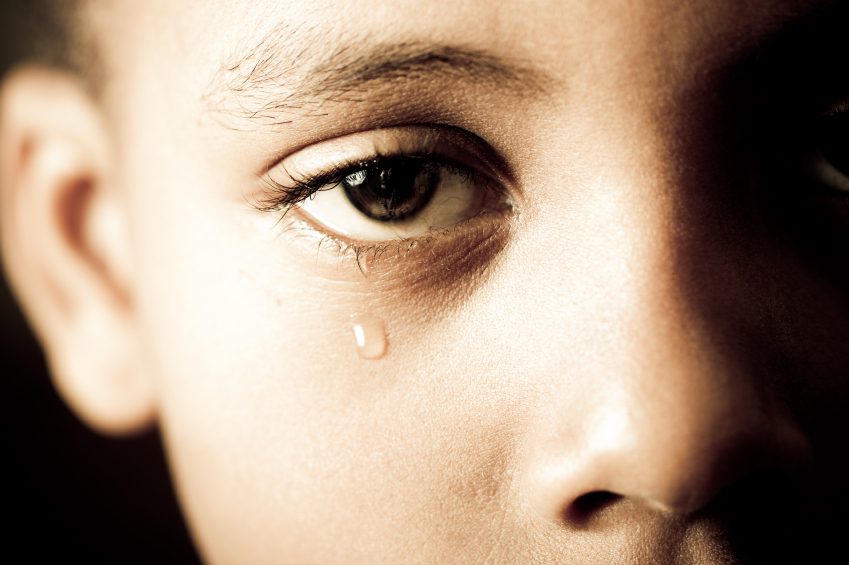
Seth just started driving, and he’s doing pretty well. The written test was a breeze, and on the streets around his house he feels comfortable. He even volunteered to drive his little sister to the mall.
Cómo Ayudar a Los Niños a Lidiar con La Ansiedad Situacional
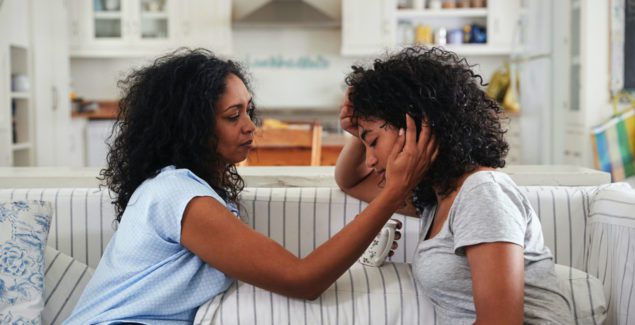
La ansiedad es la forma en que los humanos hemos evolucionado para protegernos.
En situaciones amenazadoras, nuestros cerebros desencadenan una serie de respuestas que resultan en una elevación del ritmo cardíaco, sudoración, temblores, hiperventilación y miedo intenso, todo con el propósito de prepararnos para el peligro.
How to Help Young People Cope With Grief and Loss During COVID-19
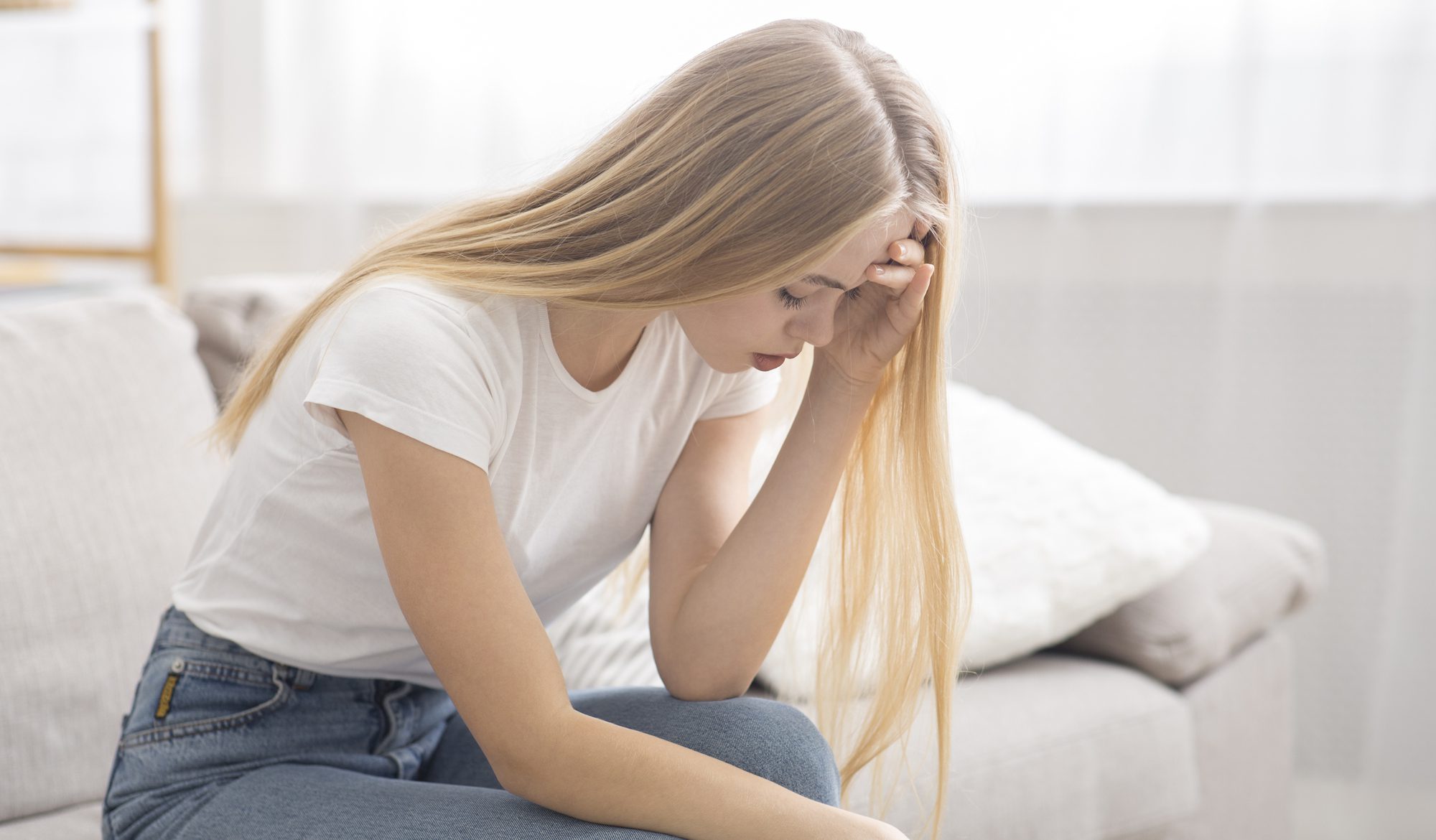
Este artículo está disponible en español.
The novel coronavirus pandemic has posed a novel way of life for all of us. Beyond concerns about contagion, prevention, or slowing down its spread, and fears of illness and access to healthcare, one thing is clear.
When Young People Lose a Hero to a Tragic Death

Most of us, young and old, were stunned by the tragic death of Kobe Bryant along with his daughter. Whether you are a Laker’s fan or not, Kobe represented something more, including for young people.
Tom Brady said it this way in a Twitter statement:
“And in this tragedy, I have learned so much.
How to Help Kids Cope With Situational Anxiety
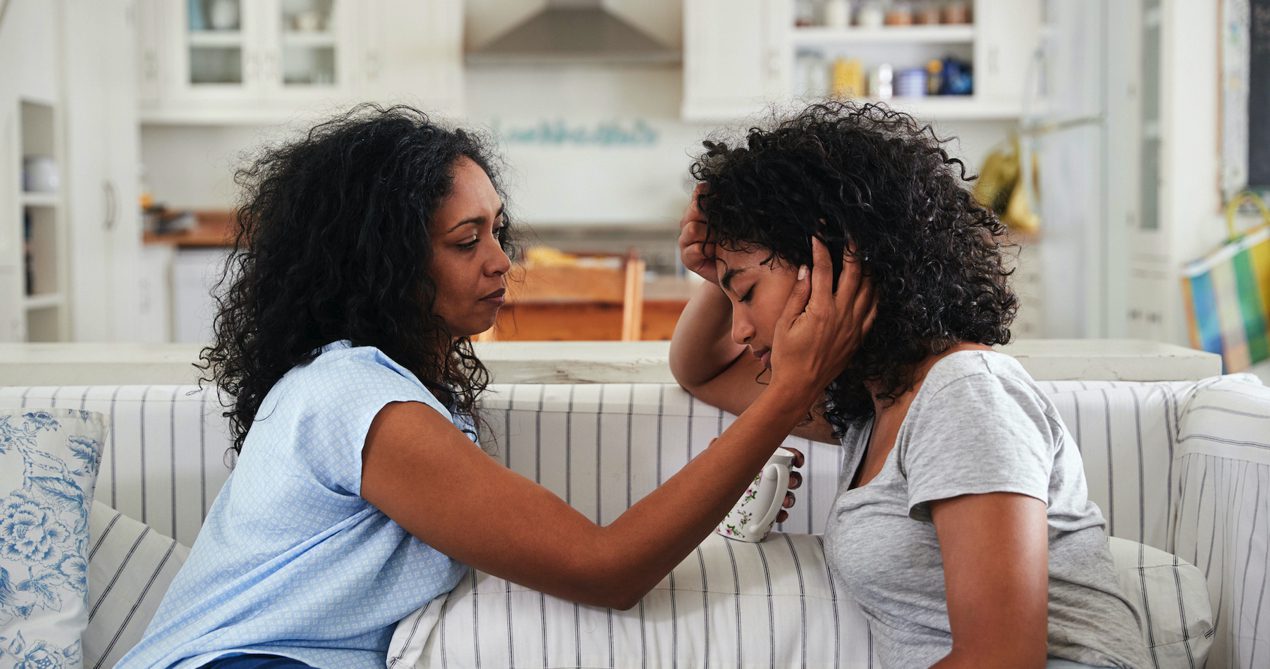
Este artículo está disponible en español.
Anxiety is a way we humans have evolved to protect ourselves.
Is Your Teen an Emotional Sponge? – Shrinking It Down
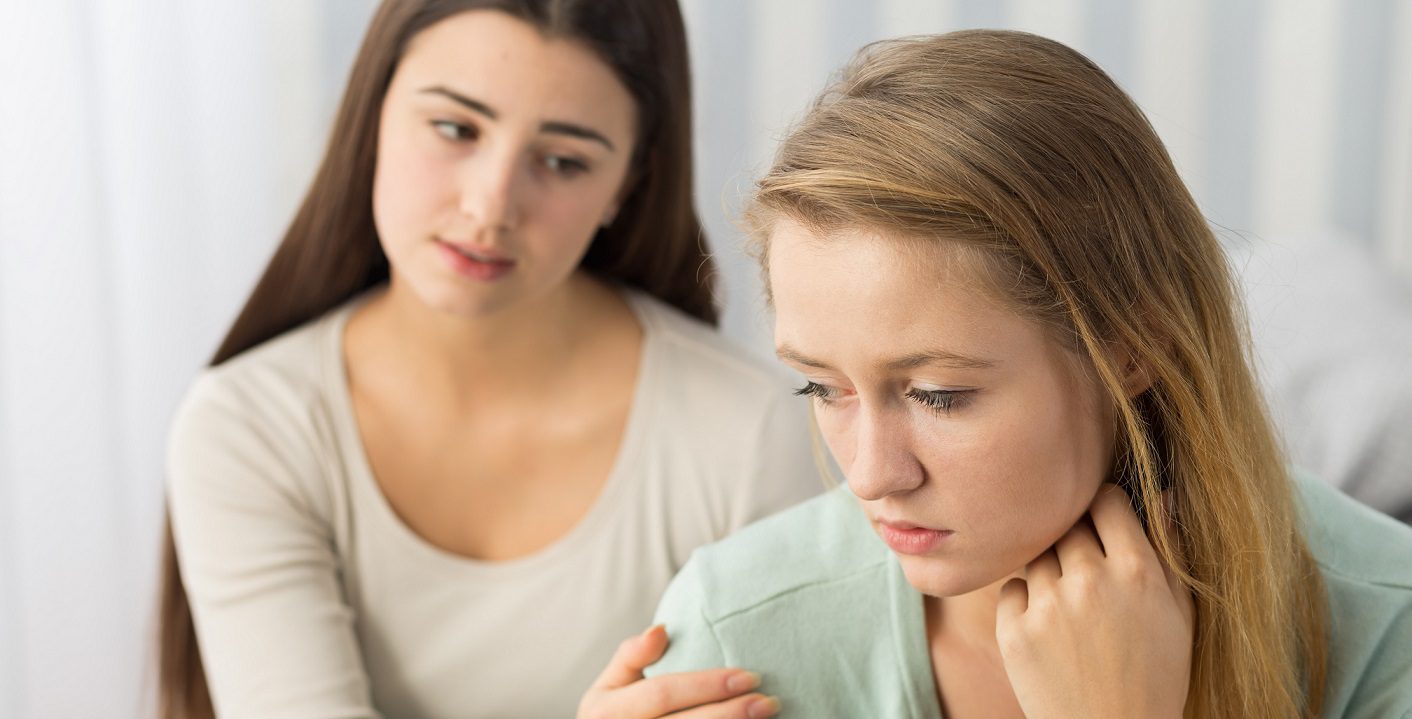
Peers can be an excellent source of social support, and it’s great that more young people today talk to friends about their emotional challenges. But for every teen who shares, there’s another teen absorbing the info like an emotional sponge.
Another Shooting – An Important Moment to Comfort and Talk With Our Kids
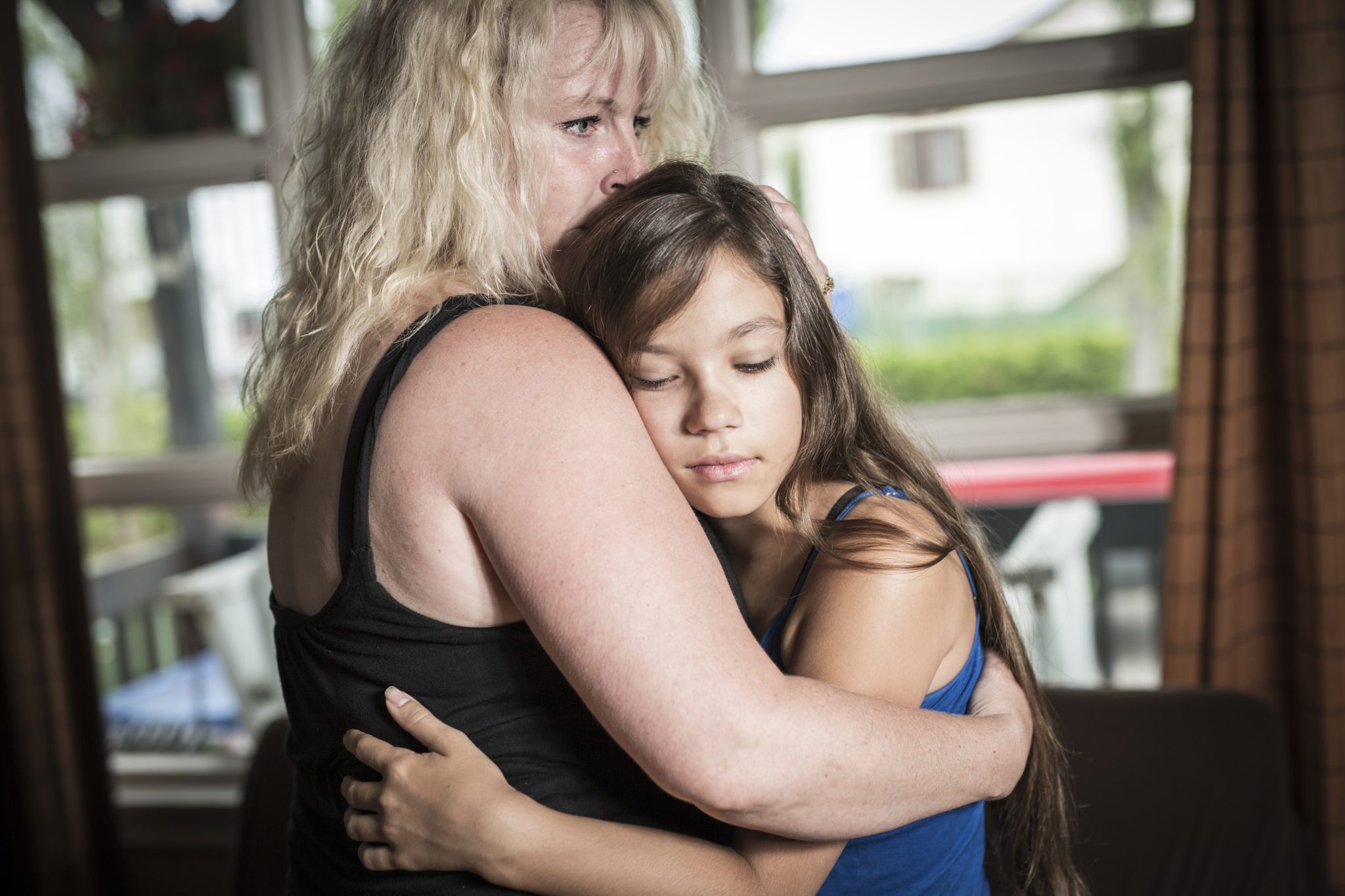
Perhaps the hardest, certainly the saddest, and without question the most frustrating thing about sharing this blog post is that we have shared it now again and again over the past several years. Please do not allow the frequency of the recent, awful events to ever seem routine. The statistics that we share are still valid.
How Scary Is Too Scary?
Here is my most vivid memory of Halloween as a child:
I’m 8 years old. I have, to my father’s delight, developed an affinity for the “creature-features” that appear on the old UHF stations every Saturday from 10 AM to noon. I love Boris Karloff as Frankenstein and Bela Lugosi as Dracula.
How to Talk to Your Little Ones About Terrorism
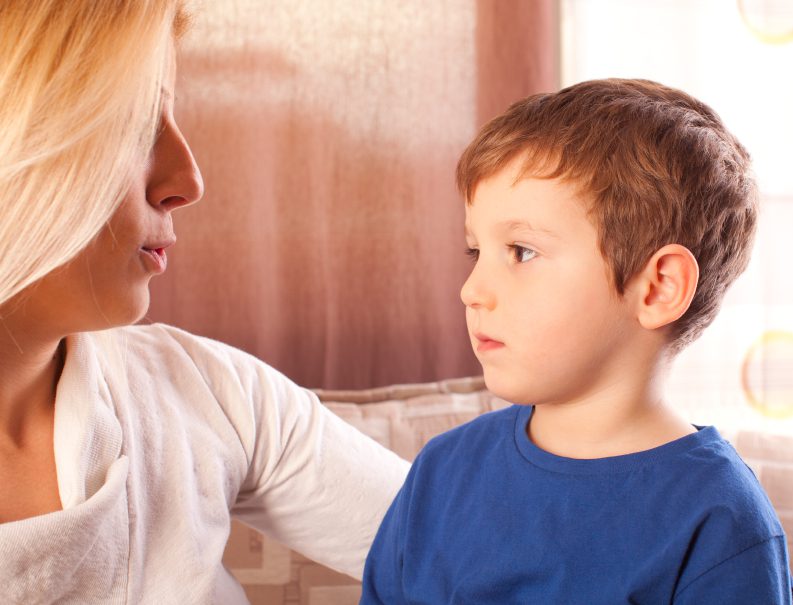
After September 11, 2001, lots of little kids across the nation asked some variation of the same question:
“Mommy, why did the bad guys attack us?”
Kids tend to look for patterns, especially when they’re frightened, so some kids likely took this inquiry even a step further:
“Daddy, why do the bad guys hate us?”
Why Activism Is Good For Teens — And The Country
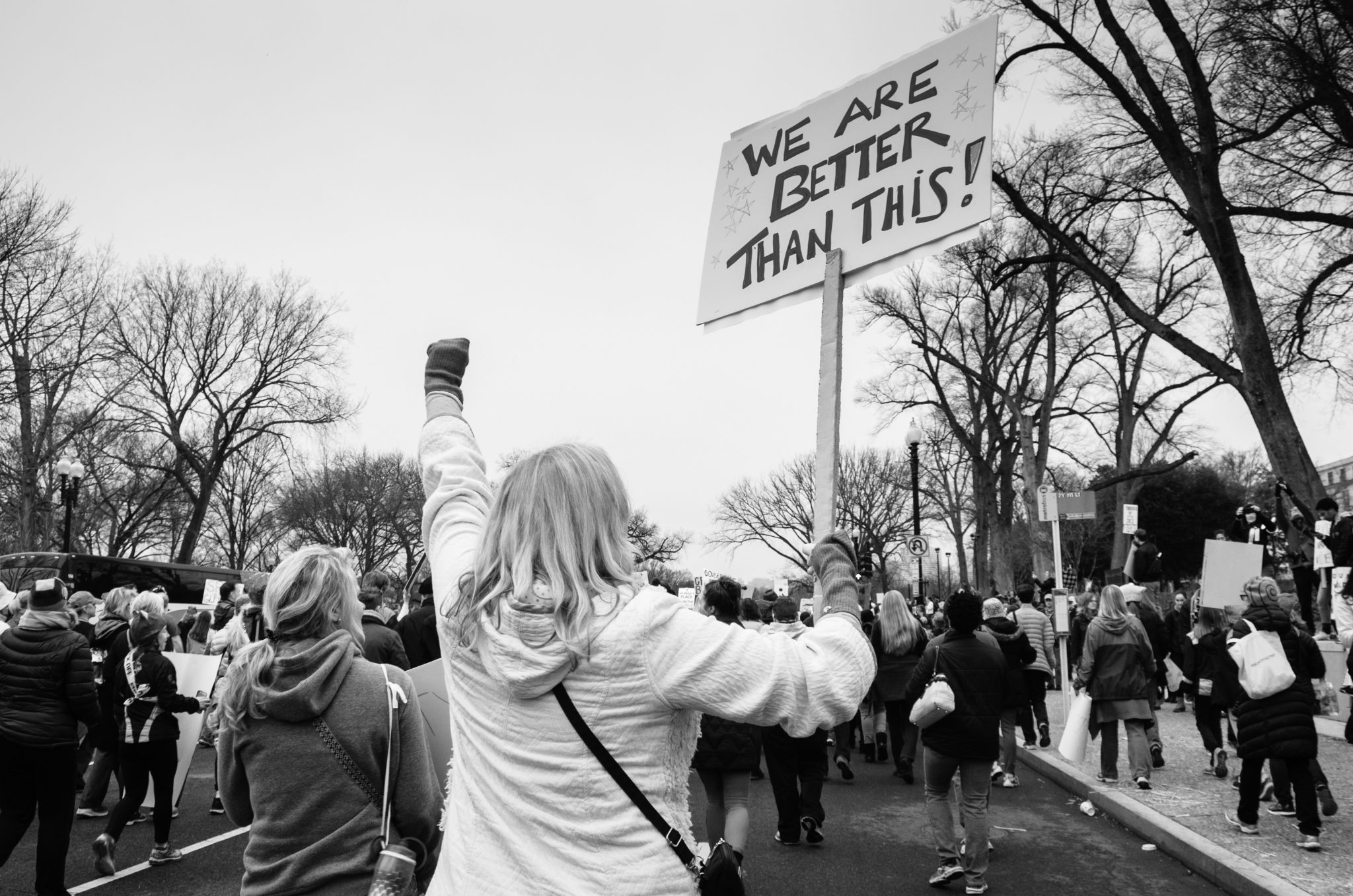
When I was a ninth grader in 1964, I was suspended from school for selling peace buttons for the Student Nonviolent Coordinating Committee.
I was a tad anxious about how my mom would react, but when I came home that morning, she was beaming.



